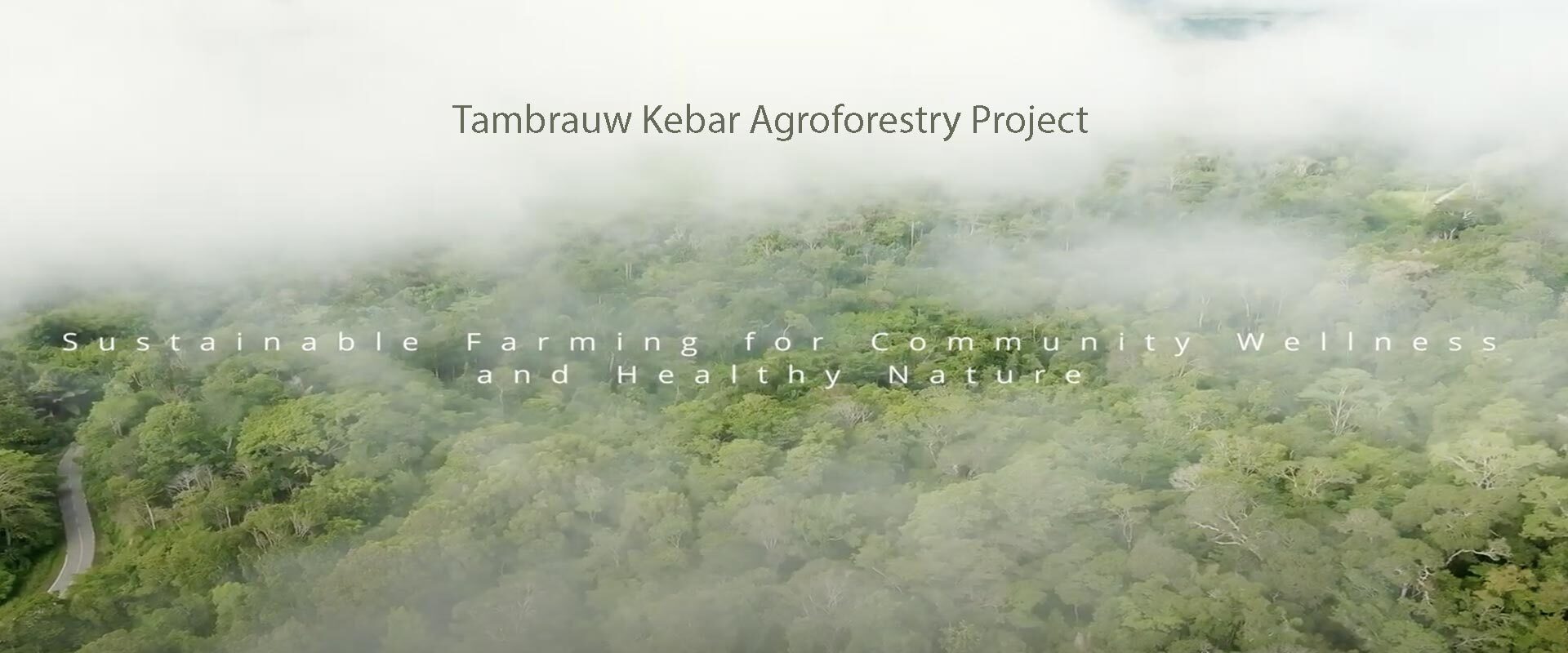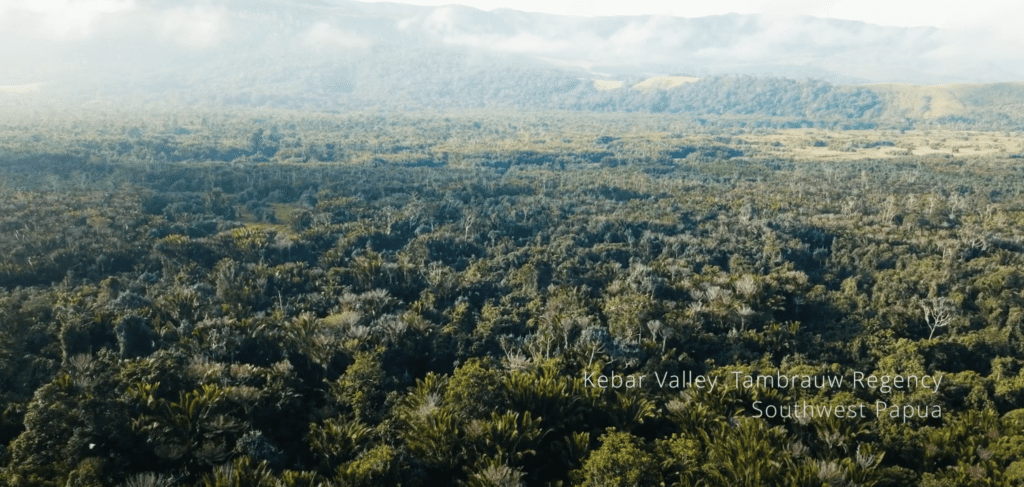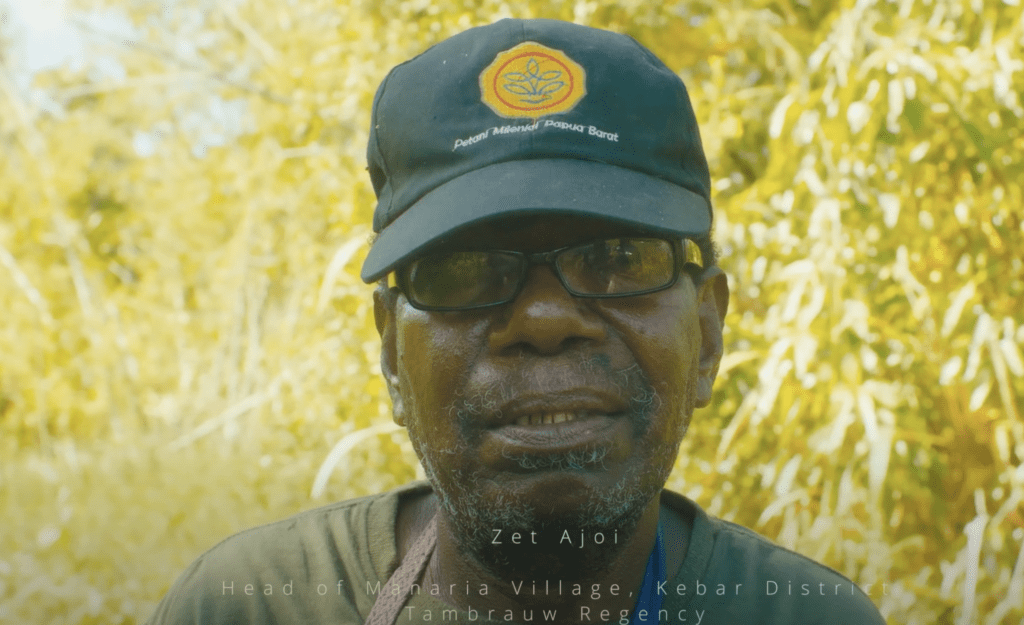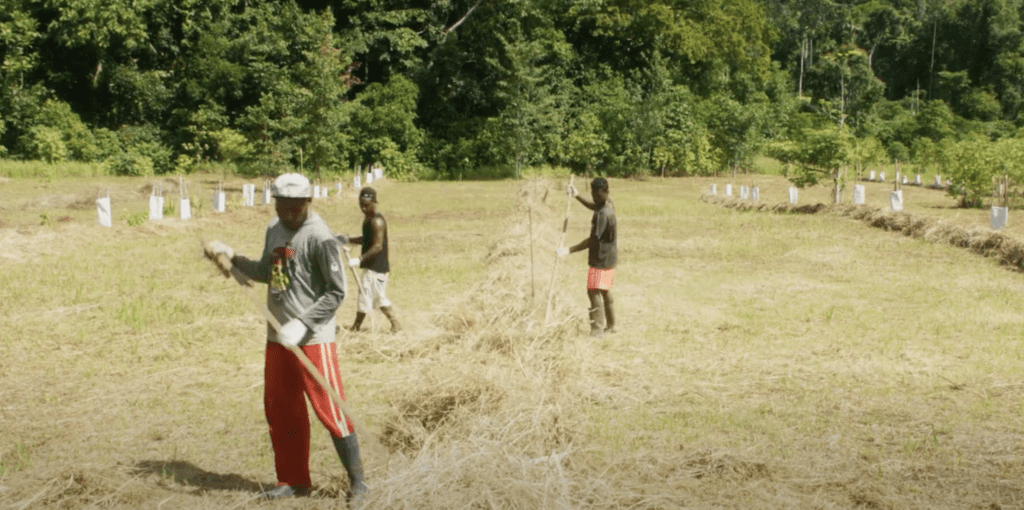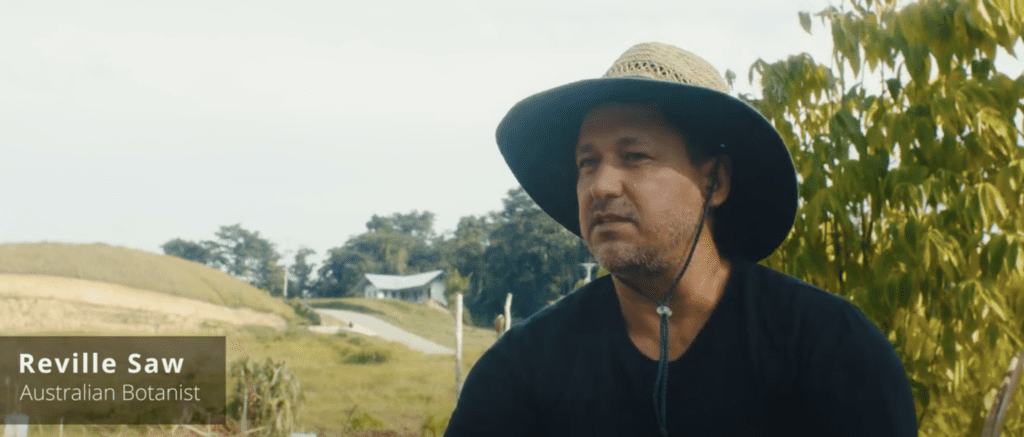RARCC’s Tambrauw Kebar Agroforestry Project
Many of you may not be familiar with the Raja Ampat Research and Conservation Centre (RARCC). If you peruse their website, however, you will find they are the “good guys”, aiding the locals in a myriad of ways.
RARCC is an Indonesian Yayasan (an Indonesian registered foundation much like an NGO in the US). This is their mission statement; The RARCC engages indigenous communities in the deployment of financial self-reliant projects and small businesses which stimulate conservation and protection for the present and future generations of the Raja Ampat archipelago. The RARCC also works in children’s education since they are the future guardians of one of the last paradises on Earth.
We’ll post about many of their projects in the coming months, beginning with their Tambrauw Kebar Forestry Project.
On the Papuan mainland, far from its comfortable headquarters on Kri Island, The Raja Ampat Research and Conservation Center is fulfilling its mission to protect diverse, old growth forests and teach local populations less destructive ways to grow crops.
For centuries subsistence farmers in eastern Papua’s Kebar District Valley in the Tambrauw Regency have practiced slash and burn or swidden agriculture for their extensive garden plots. Today, however, excessive burning has depleted this valley’s once fertile land, and grasslands encroach on the buttress of larger trees and bushes that once kept the savannah in check.
With the help of Australian botanist, Reville Saw and local villagers, RARCC is teaching farmers to place cut grass on gardens to decompose and enrich the soil rather than burning it. Once the grasses begin to decompose, the area becomes the perfect spot to plant fruit trees and other edible crops.
By helping reconnect Kebar Valley communities to their environment and showing them how to improve their own lives with sustainable agricultural methodology, RARCC is empowering these people to care for their land now and to ensure a balanced ecosystem for the future.
Watch an inspirational short movie about the project: Tambrauw Kebar Agroforestry Project.





































